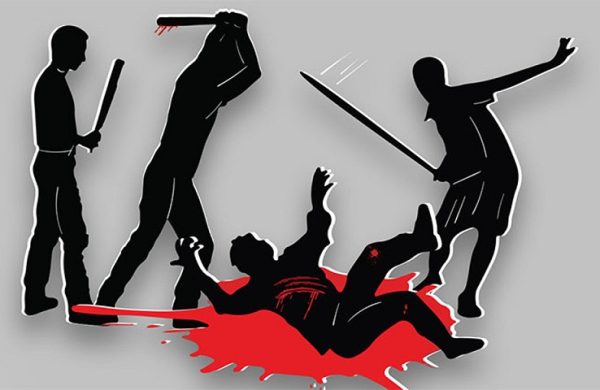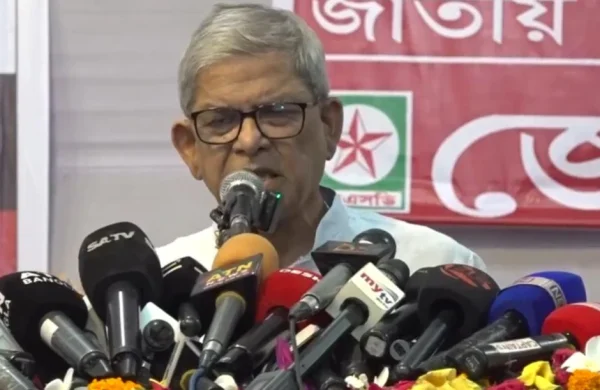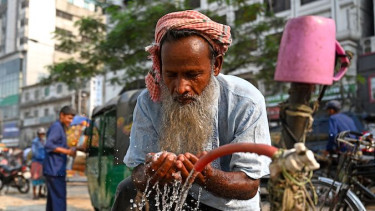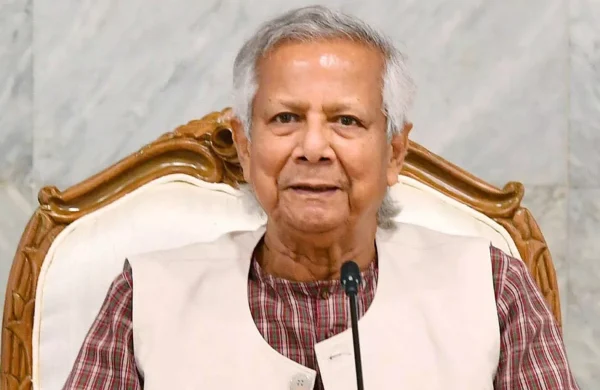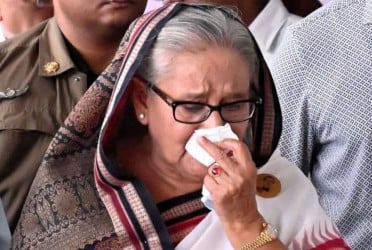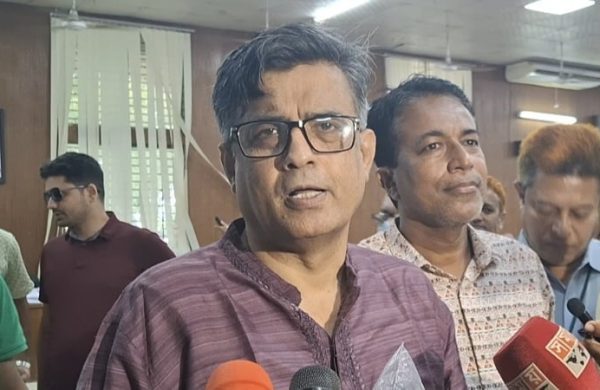Banks’ lending to SMEs falls
- Update Time : Friday, October 31, 2025

Staff Correspondent:
Banks’ lending to small and medium-sized enterprises (SMEs) has fallen to a four-year low, putting the brakes on the rising trend in loan disbursements, as political uncertainty and the economic slowdown have dampened borrowing appetite among entrepreneurs.
During fiscal year (FY) 2024-25, banks disbursed Tk 2.05 lakh crore in loans to SMEs — down 9 percent year-on-year — according to data from Bangladesh Bank (BB).
“Businesses do not want to invest in times of uncertainty. Right now, firms are focused on survival, not expansion,” said Syed Abdul Momen, additional managing director and head of SME Banking at BRAC Bank PLC, one of the leading financiers of small businesses.
Dubbed the backbone of the industrial sector, Bangladesh has around 78 lakh cottage, micro, small, and medium enterprises, which together contribute about one-fourth of the country’s gross domestic product (GDP).
Until FY2023-24, lending to SMEs had been growing steadily since 2021, following a dip in 2020 when small businesses suffered amid Covid-19 restrictions, according to BB data.
“Since Covid, the war in Ukraine, and the political unrest and mass uprising last year, businesses have not had any respite,” said Kamrul Mehedi, deputy managing director and head of SME & Agent Banking at City Bank PLC, another major lender to small entrepreneurs.
“Small businesses, in particular, have low resilience and are vulnerable to shocks,” he said.
He said these disruptions have taken a toll on small firms, with nearly one-fourth of them shutting down since the pandemic.
“What we’re seeing now is that many small businesses we financed earlier are not coming back for new loans,” Mehedi added.
Bankers said while political uncertainty, the economic slowdown, and persistently high inflation have weakened loan demand, the fragility of nearly a dozen banks has also constrained credit availability for small and micro businesses.
As of June 2025, outstanding SME loans stood at Tk 3.10 lakh crore, up slightly from a year earlier, according to BB data.
“Some banks have collapsed due to loan irregularities and are doing almost nothing now,” said Syed Mahbubur Rahman, managing director and CEO of Mutual Trust Bank PLC.
“Some 10-12 banks, including several shariah-based ones, were once active in SME financing. They are no longer participating in this area,” he added.
Salekeen Ibrahim, executive vice president of Eastern Bank PLC, said SME loan disbursement has reached its lowest point in recent years, clearly reflecting the tough economic climate prevailing in Bangladesh.
“Tight liquidity and high non-performing loans (NPLs) are among the major obstacles,” he said.
“Many banks are struggling with capital shortages and rising bad loans, making them risk-averse. Private sector confidence has been weak for a long time, and uncertainty continues to delay new business plans and expansions,” he said.
Bankers expressed optimism that both loan demand and disbursements will pick up after the national election scheduled for February next year.
“Businesses will regain confidence after the election. The economy usually sees a surge when a political government comes to power following polls,” said BRAC Bank’s Momen.


